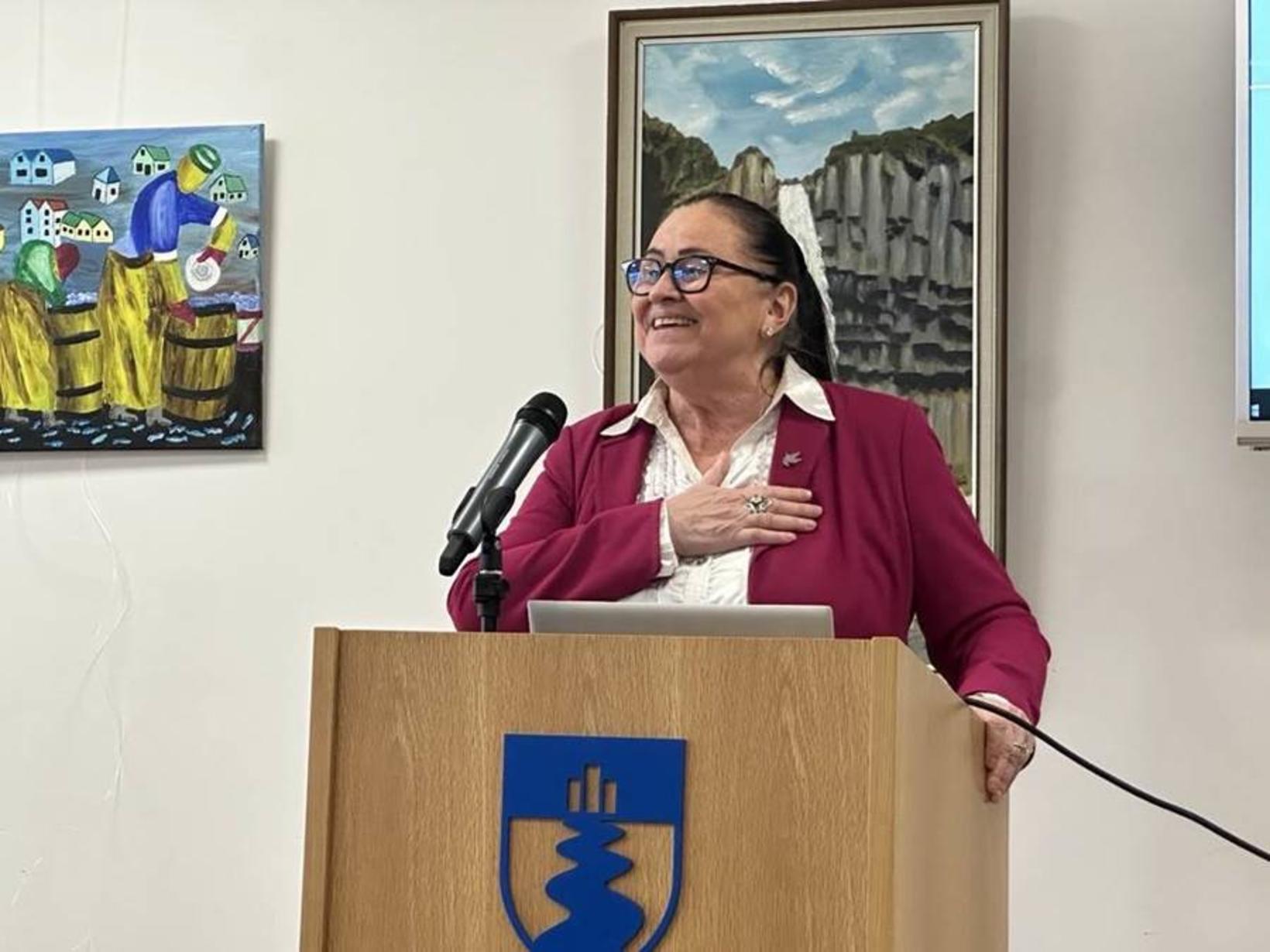Mobile phone ban in Nidwalden: No solution for problems

« We have long since we have under control: Why the mobile phone ban in Nidwalden does not solve any problems
Nidwalden is the first German -Swiss canton to introduce uniform regulations for cell phones in class. Other cantons are still discussing about it. And with it past the problem, the schools find.
The canton of Nidwalden is introducing a new guideline for the new school year: children and young people are no longer allowed to officially use private cell phones, tablets and laptops on the school premises. This makes Nidwalden the first canton in German -speaking Switzerland, which regulates cell phone use in its schools uniformly.
However, this is not because the authorities had taken out particularly hard. On the contrary: the proposal for the guideline came from the schools itself.
Not a revolution, but formalization
The school management had found that they already handled the use of cell phones the same, the canton’s statement. With the new guideline, this handling is now only formalized.
That sounds remarkably peaceful. Mobile phone bans are violently discussed throughout Switzerland. Whether in Zurich, Bern, Basel-Stadt, Zug, Lucerne, or most recently in Schwyz: Teachers and politicians repeatedly demand uniform rules. And again and again they flash off.
Governments refer to schools and communities: These could decide independently about how to deal with cell phones in class.
The most restrictive is the canton of Vaud so far: the use of private cell phones on the school premises is officially only allowed in exceptional cases. The corresponding law has been in effect since 2019.
« These debates are pure political theater »
The guideline from Nidwalden is not revolutionary, but long -time practice, says Thomas Minder, President of the umbrella organization of Swiss school management: «The Swiss schools have been dealing with cell phones for over 15 years. And we have it under control. «
At most schools, young people should bring their smartphones, smartwatches and similar devices. That is important, says Minder. For example, because the ticket for public transport is on it, or so that you could reach your family if necessary.
In class – and often also during breaks – you can see and hear little of the devices. A cantonal regulation does not change this. Accordingly, this does not need it, says Minder. The political debate on this is pure theater: « Why do something regulate that no longer have to be regulated? »
Teachers want rules on site
Clear regulations are desirable, says Dagmar Rösler, President of the Swiss teachers. But she too is against a fundamental ban on electronic devices.
Instead, step -friendly regulations are needed when and how the devices are likely to be used on site. If politics now calls for general cell phone bans, it sounds like « wild growth and chaos so far, » said Rösler: « That just is not true! »
In any case, it is idle to concentrate on cell phone use so much during the lesson. The real problem, says Thomas Minder, is the second half of the day: « When the young people spend their free time on social media. »
In fact, according to Switzerland, over 80 percent of 11 to 15 year olds state that they are online to be online every day. About 65 percent of them are on social networks every day. With around 7 percent of them, the use of social media achieves a « problematic » extent.
More parenting instead of bans?
Such an excessive consumption can clearly affect mental health, Pro Juventute writes on request. However, this is primarily due to young people who are already psychologically burdened. That is why not only clear rules are needed, but also support, support and education in everyday life.
Last autumn, several proposals were transferred to the Federal Council for the social media consumption of young people. Among other things, he should check whether and to what extent age barriers for social networks make sense. He classifies a general ban as little: children and adolescents should rather be prepared early and gradually for dealing with social media.
These considerations are an important first step, says headmaster President Thomas Minder. It is open whether a ban really needs. But the danger that the addiction potential of social media is real. A national strategy is needed here – analogous to the protection of minors for alcohol or cigarettes.
« Bans are easy to pronounce, » says less. You have to invest much more in good parenting; In workshops and clarification evenings on how to find good use of electronic devices and social media in the family. Just as many schools would do today.







